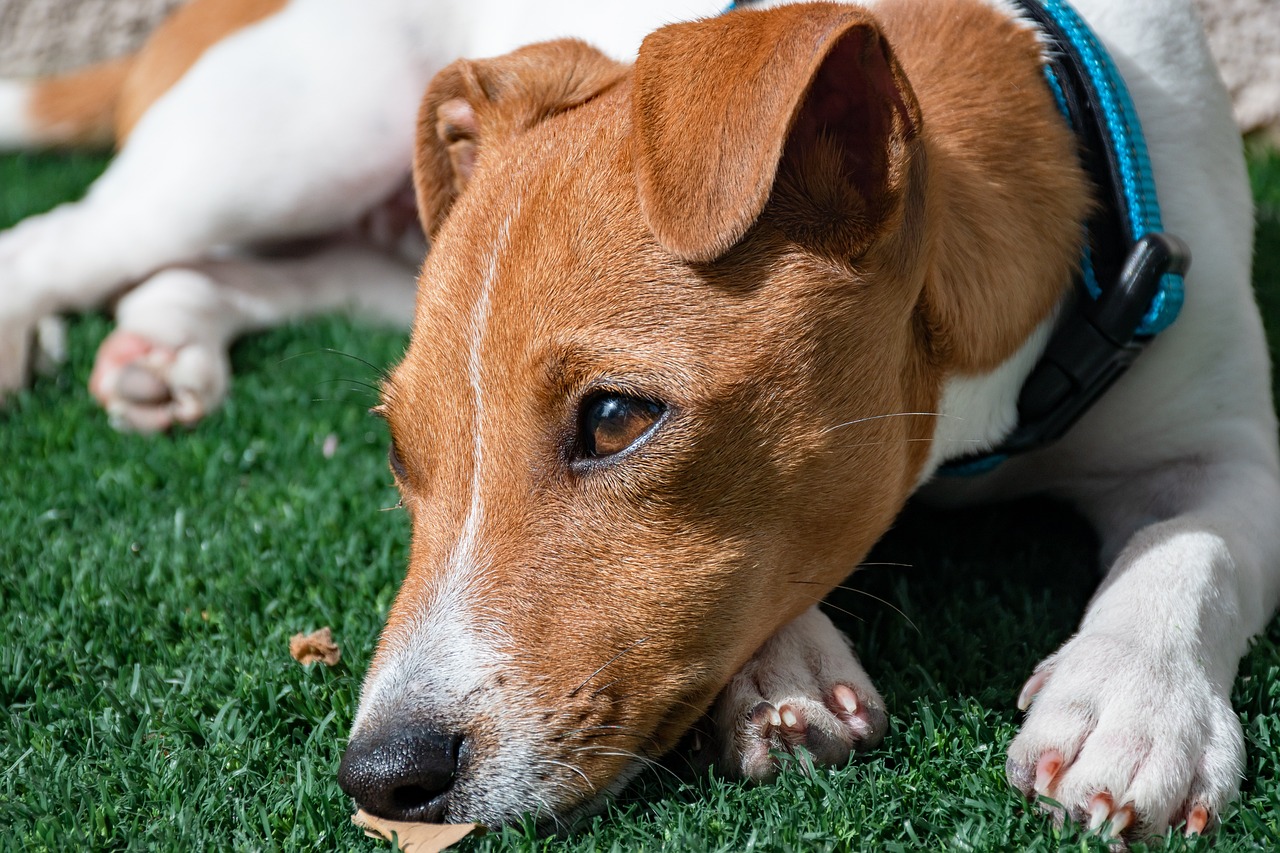The peculiar behaviour of dogs spinning around before lying down is a fascinating spectacle that has intrigued dog owners and animal behaviourists alike. This ritualistic practice, common across various breeds, serves as a window into the ancestral past and instinctual habits of our canine companions. Despite its seemingly playful nature, this behaviour is deeply rooted in the survival instincts and natural habits that have been passed down through generations of dogs. Unravelling the mystery behind why dogs spin before settling down to rest requires a delve into the evolutionary, environmental, and psychological factors that drive this behaviour. Understanding the reasons behind this ritual not only enhances our knowledge of canine behaviour but also strengthens the bond between dogs and their human counterparts by offering insights into the instincts and needs of our beloved pets.

Ancestral Instincts
The behaviour of spinning before lying down is a relic of the dog’s wild ancestors. In the wild, canines would often need to trample down grass, leaves, or snow to create a comfortable resting place. This spinning action served several practical purposes: it helped to flatten the area, making it more comfortable for rest, and it also disturbed any snakes or large insects that might be lurking in the foliage. This instinctual behaviour ensured their safety and comfort in the wild. Even though domestic dogs enjoy the comfort of modern homes, this ancient practice persists. It’s a fascinating example of an innate behaviour that has survived the transition from wild to domestic life, illustrating the deep evolutionary roots that continue to influence canine actions today.
Marking Territory
Another reason dogs may spin before lying down is related to scent marking. Dogs have scent glands located in their paws, and by scratching or spinning on the ground, they can leave their scent in an area. This behaviour is a way of marking their territory, signalling to other animals that the space is occupied. In the domestic setting, this may seem unnecessary, but it’s a deeply ingrained behaviour that ties back to their social and territorial instincts. By marking their sleeping area, dogs create a sense of security and ownership over the space, reinforcing their presence within the territory. This territorial marking is a subtle yet significant way dogs communicate with each other and establish their place in the social hierarchy.
Ensuring Comfort and Security
The spinning behaviour before lying down is also a means for dogs to ensure their comfort and security. By circling in their chosen spot, dogs can better assess their environment, ensuring there are no threats nearby before they settle down. This ritual allows them to position themselves in a way that they can quickly rise and respond to any potential dangers. Additionally, the act of spinning helps dogs determine the most comfortable position, taking into account the temperature and the surface. On a hot day, for example, a dog might spin to find a cooler part of the floor, whereas, in colder conditions, they might look for a spot that offers more warmth or shelter. This behaviour demonstrates the dog’s ability to adapt to their environment, ensuring their rest is as comfortable and secure as possible.
Health and Behavioral Factors
In some cases, excessive spinning before lying down can be indicative of health or behavioural issues. Conditions such as arthritis or hip dysplasia may cause dogs to circle more than usual in an attempt to find a comfortable position that minimizes pain. Similarly, obsessive-compulsive behaviours can manifest in repeated spinning, suggesting underlying stress or anxiety. Dog owners need to observe their pet’s behaviour and consult with a veterinarian if the spinning seems excessive or is accompanied by signs of discomfort. Understanding the distinction between normal spinning behaviour and signs of a health issue is crucial in ensuring the well-being of our canine friends.
Communication with Humans and Other Dogs
Finally, spinning before lying down can serve as a form of communication with humans and other dogs. In a multi-dog household, this behaviour can signal to other pets that a dog is claiming a spot for rest. For humans, observing this behaviour can provide insights into a dog’s preferences, comfort levels, and even health status. By paying attention to where and when a dog chooses to spin and settle down, owners can better understand their pet’s needs and preferences, enhancing the human-animal bond. This behaviour underscores the complex ways in which dogs communicate with their environment and the beings within it, highlighting the depth of their social interactions and emotional intelligence.
The act of spinning before lying down is a multifaceted behaviour that encompasses the evolutionary past, instinctual needs, and complex communication of dogs. By understanding the reasons behind this intriguing behaviour, dog owners can gain deeper insights into the world of their canine companions, fostering a richer, more empathetic relationship with their beloved pets.

 Toledo, United States.
Toledo, United States.